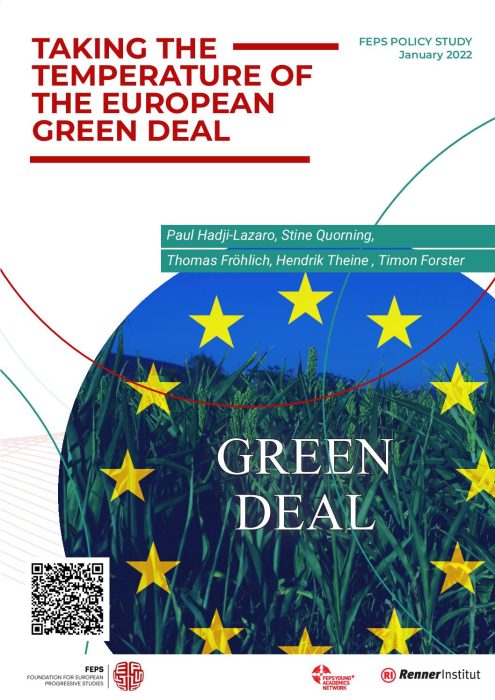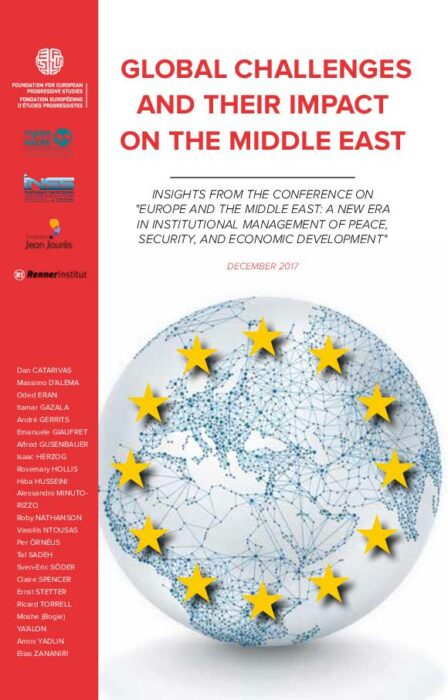PhD candidate Université Paris 13
Paul is a PhD student in energy macroeconomics from Paris, France. His researches focus on the structural changes our economies need to undertake to move to a low-carbon world. In contrast to mainstream economics, a heterodox standpoint on the issue allows for a realistic vision where the transition is not only a cost to put in balance with other economic benefits, but a thermodynamic necessity as well as an opportunity to rebuild a better economy.
He is also passionated about issues related to the nature of money, to auto-organisation problems, and to the complexity of social material relations. Aside from his interest in abstract issues, he is also deeply interested in the political dynamics that frame the world he lives in and want to participate in it. His activism has been so far concentrated in university movements and in other national causes against the neoliberal agenda or against other forms of domination.
The European Green Deal (EGD) aims to make Europe climate neutral by 2050 while ensuring a just transition for all. However, the EGD’s high level of ambition and broad scope is not adequately reflected in member states’ commitments, and interest groups attempt to shape the EGD according to their preferences.
Given these circumstances, how can the promise of a green and just European Green Deal be realised? To shed light on this research question, the authors of this FEPS YAN Policy Study build on insights from political economy on the influence of interest groups in policymaking. Analytically, the authors propose a framework that integrates distinct sources of power (structural vis-à-vis instrumental) and a range of political strategies (quiet vis-à-vis noisy politics).
Empirically, they study two cases central to the EGD: the ‘EU Biodiversity Diversity Strategy for 2030’ to protect nature and ecosystems; and the ‘Hydrogen Strategy’ to power a climate-neutral economy. Based on lobbying activities with members of the European Commission and the European Parliament, the authors identify key stakeholders, their framing, and strategies. The findings have important implications for understanding the interplay of relevant actors and EU institutions and their influence on European policy.
Read the paper:
Taking the temperature of the EU Green Deal
Political Mentor: S&D MEP Delara Burkhardt
Academic Mentor: Robert Ladrech, Emeritus Professor of European Politics, Keele University, UK

